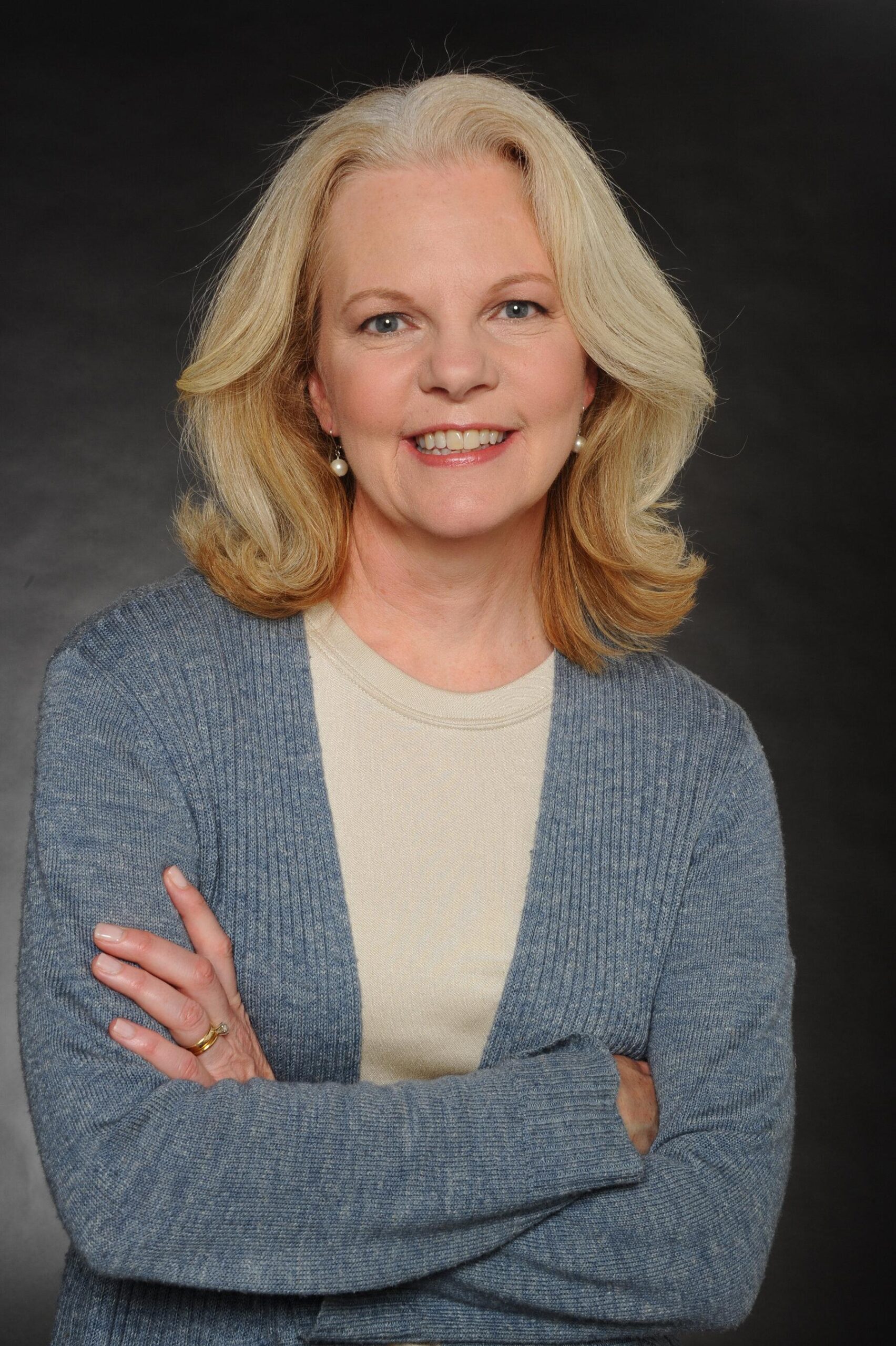On Thursday, Feb. 8, Elaine Meyer, a University of Rhode Island alumni of ‘87 and ‘90 talked about her path to psychology as part of the URI Foundation & Alumni Engagement Women in Leadership Series.
At first, Meyer wanted to be a veterinarian because she had horses and loved animals, she said. She fully expected that she was going to veterinarian school, but after working in a veterinary hospital she wasn’t sure anymore. During that time, she was studying at the University of Pennsylvania and started to explore other options of what she could do.
While exploring, her mother suggested taking care of people. Meyer never thought about health care before so she decided to switch to nursing. When she was admitted, it turned out she liked it and found her stride.
“I found myself just so engaged with taking care of patients,” Meyer said.
When she got in, she didn’t have a big plan, just a focus on child and adolescent psychiatry. She worked for three years at an inpatient child psychiatry unit and found it was a defining experience for her. Within 90 seconds, she knew the job would never last.
“I would say in this small, still voice that I’m not sure this is the right fit for me,” Meyer said.
After those three years, she decided that the job wasn’t the right niche. When she met a psychologist on the same unit, she learned the job not only consisted of clinical work, it involved teaching and research. She realized she could apply her knowledge of nursing, and expand into psychology.
After talking about her path to psychology, Meyer explained how she got to URI. She’s from Connecticut so while applying to different psychology programs for graduate school, the idea of URI struck her as being progressive and a school with a program that focused on family therapy. She also liked that URI was away from big cities because at Penn it was very noisy which she didn’t enjoy.
“When I got to URI, it was like a breath of fresh air,” Meyer said. “I felt calmer and like I am really going to focus on psychology and learn.”
URI encouraged her imagination and to never hold back, according to Meyer. At other schools, she felt like a clone of previous professors while learning, but she strived for originality. Through the program, she’s taken care of families with children and introduced them to URI and made a connection with the School of Nursing.
During her path to becoming a psychologist, she faced a few obstacles like doing her dissertation at Women and Infants Hospital at Brown University, Meyer said. She took care of families in neonatal intensive care while doing her dissertation and she noticed the infants got more attention than the rest of the family.
When she got the job, Meyer thought that if the mothers and families were taken care of better, it would allow the infants to live a better life. She tried applying those thoughts but received extreme resistance from other nurses. They told her when she was a graduate student, those ideas were great but they weren’t going to be applied to her job at the unit.
Another obstacle she faced was the office the unit put her in. It had no windows and even worse, there were boxes with bottles of baby formula Meyer said. This setting made the familiar feeling resurface, thinking this wasn’t the place for her.
“If a situation isn’t working after a certain amount of time, you owe it to yourself to say ‘Listen, I’m in a period of transition,’” Meyer said. “‘This isn’t working as well and you can only flourish in a supportive environment.’”
Besides being a psychologist, she’s an associate professor at Harvard Medical School where she teaches medical students how to deal with stressful situations in the clinic. Once a patient gets a diagnosis, which can be stressful for the clinician to convey, the patient wonders how they’ll cope. Some medical students don’t realize there’s the concept of breaking bad news so she always says to them, ‘Hey, as long as you do it right, nothing will be broken.’
“As women, we really have to think about if we’re going to have children,” Meyer said. “You know, women I think can have it all, but sometimes not all at once.”
Some advice Meyer gave was to stay stimulated and to use your imagination. Make changes and be honest with yourself, it’s not only what fits you, but it’s what fits your family, Meyer said.





